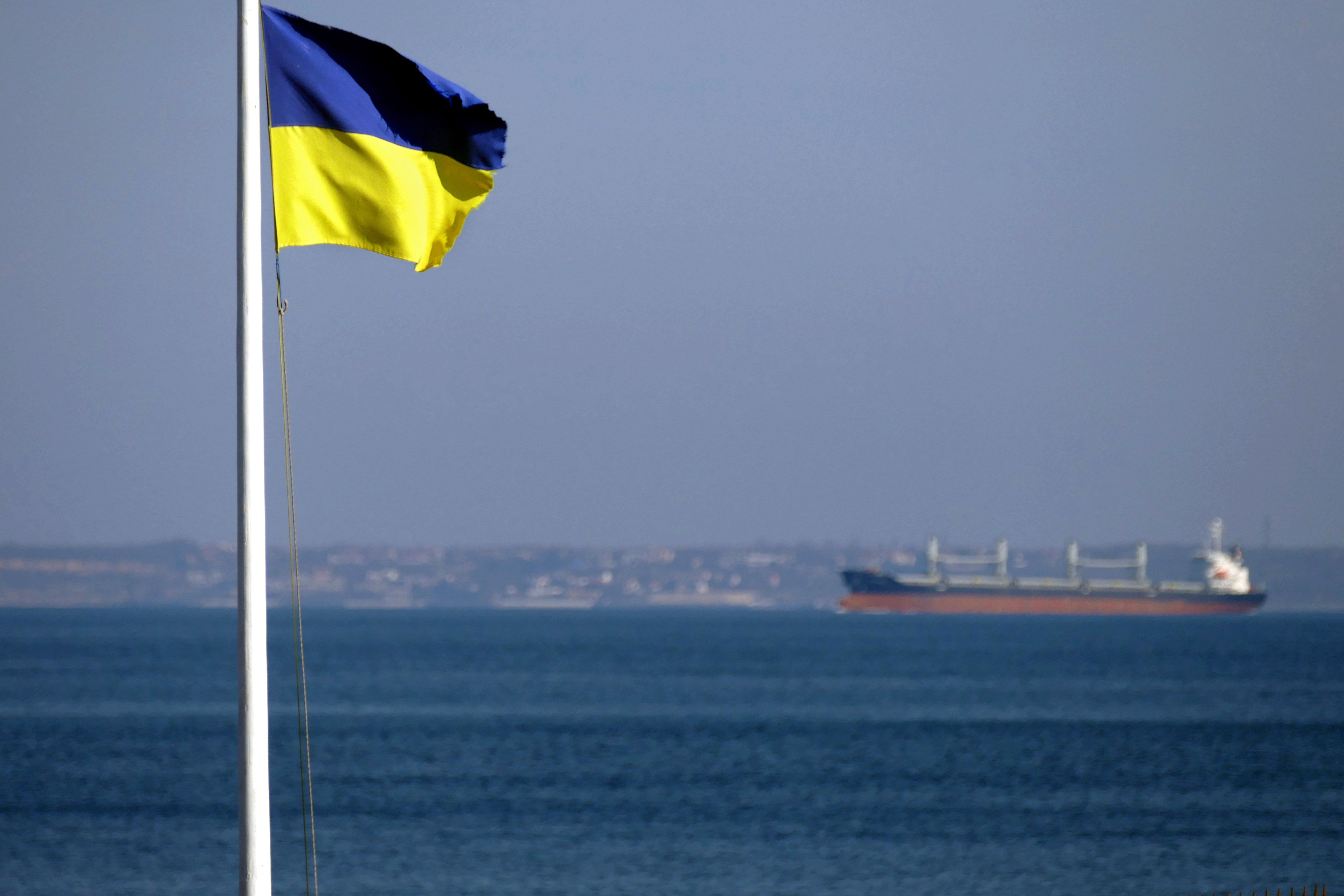July 13, 2023
Fears are growing that Russia could refuse to extend its participation in the Black Sea Grain Initiative after it expires on Monday. The deal has allowed grain to flow from Ukraine’s port of Odessa since last July, alleviating the global food crisis caused by Russia’s invasion of Ukraine.
Russia has two demands to extend the deal. Reopen the pipeline of ammonia (a key ingredient in fertilizer) from Russia to the port, and let the Russian Agriculture Bank reconnect to the global payments network, SWIFT.
Unfortunately, it's unlikely that either of these specific demands will be met by the deadline. Guaranteed ammonia shipments to the port was a stipulation for Russia signing onto the deal. But the ammonia pipeline was badly damaged in an explosion that both Moscow and Kyiv blame the other for, so neither is taking responsibility to repair it. Meanwhile, it would be up to the EU to grant the Russian entity access to SWIFT, a decision that there is far from consensus on among EU nations.
What would happen if it is not renewed? In short, grain would get more expensive, adding to food price inflation and exacerbating the worsening problem of global hunger.
But there is still reason for optimism. The deal has been extended three times so far, and Russia threatened to leave two of those times. Moreover, Putin knows that if the deal falls apart, higher grain prices will hurt some of Moscow’s closest friends across the global south. China, for example, is the world’s largest importer of wheat, and has called for extension of the grain deal.More For You
Mastercard Economic Institute's Outlook 2026 explores the forces redefining global business. Tariffs, technology, and transformation define an adaptive economy for the year ahead. Expect moderate growth amid easing inflation, evolving fiscal policies, and rapid AI adoption, driving productivity. Digital transformation for SMEs and shifts in trade and consumer behavior will shape strategies worldwide. Stay ahead with insights to help navigate complexity and seize emerging opportunities. Learn more here.
Most Popular
- YouTube
Despite a ceasefire in Gaza, Israel is still not letting foreign journalists in to independently verify what’s happening on the ground, CNN’s Clarissa Ward tells Ian Bremmer on GZERO World.
- YouTube
On Ask Ian, Ian Bremmer breaks down the steady escalation of US pressure on Venezuela and why direct military action is now a real possibility.
US President Donald Trump arrives to announce reciprocal tariffs against US trading partners in the Rose Garden of the White House in Washington, DC, USA, on April 2, 2025.
POOL via CNP/INSTARimages.com
From civil conflicts to trade wars to the rise of new technologies, GZERO runs through the stories that have shaped this year in geopolitics.
© 2025 GZERO Media. All Rights Reserved | A Eurasia Group media company.
